


.png)
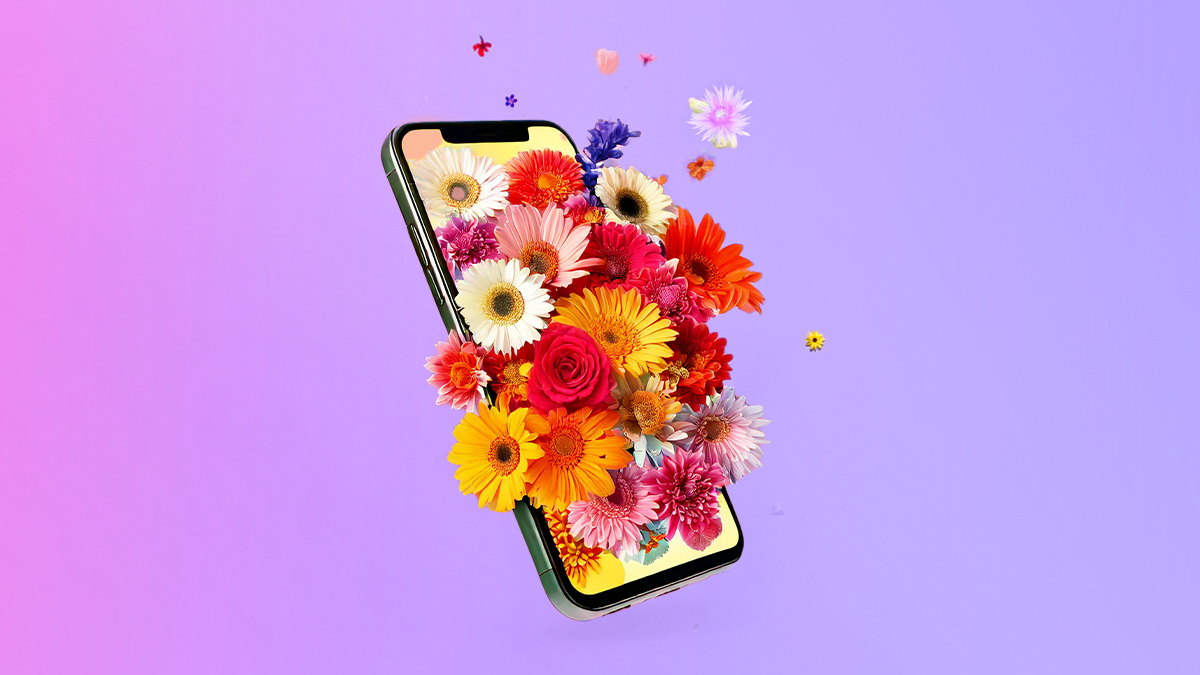
Despite the corporate wellness industry projected to hit $85 billion by 2030, many well-being apps fall short because they don’t address workplace culture. Still, they may have value, if used as part of a broader strategy. To assess whether an app can truly help your team, ask: Why do we want it? Are we ready to introduce it? How do we choose the right vendor? And how will we integrate it effectively?
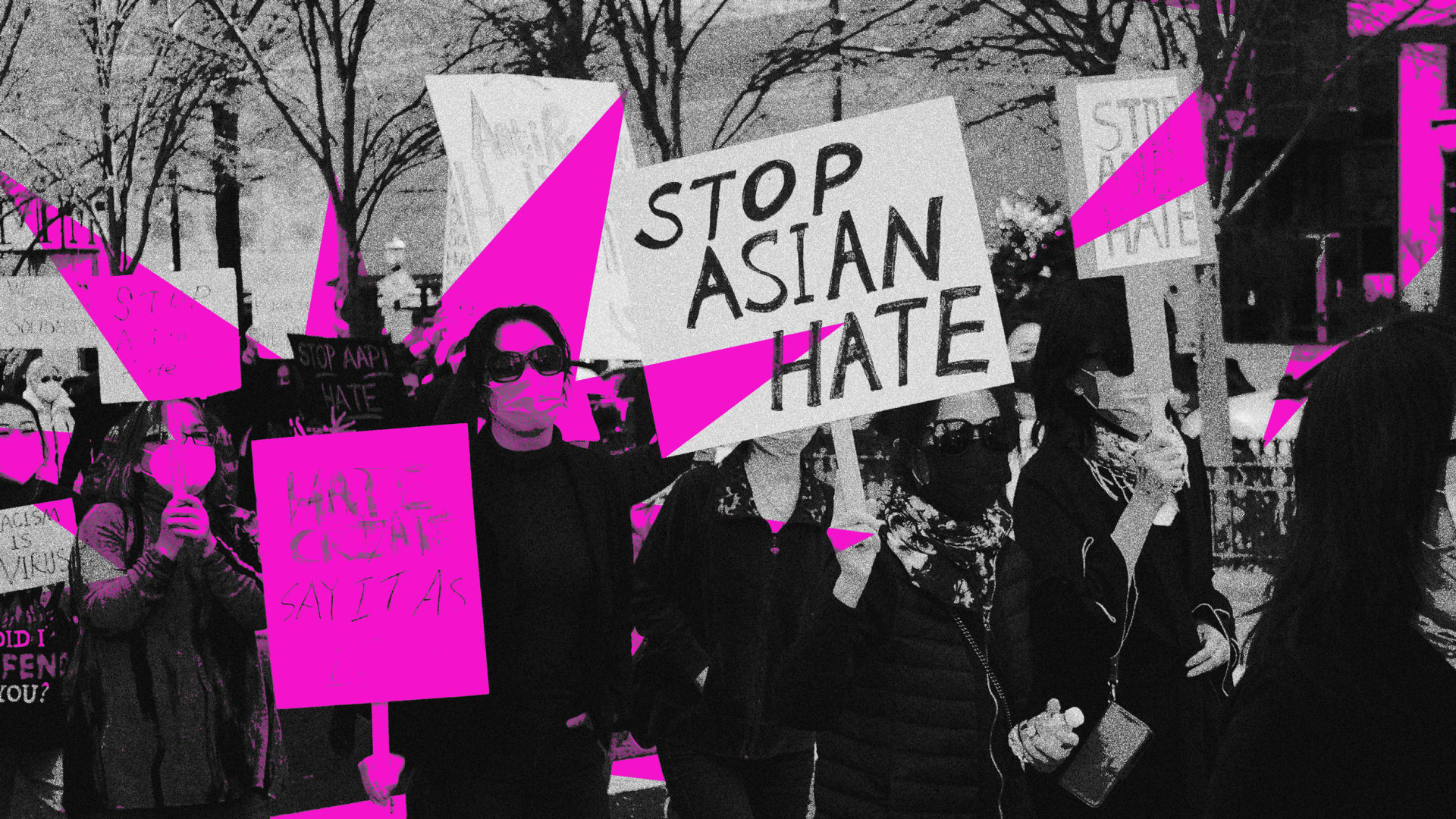
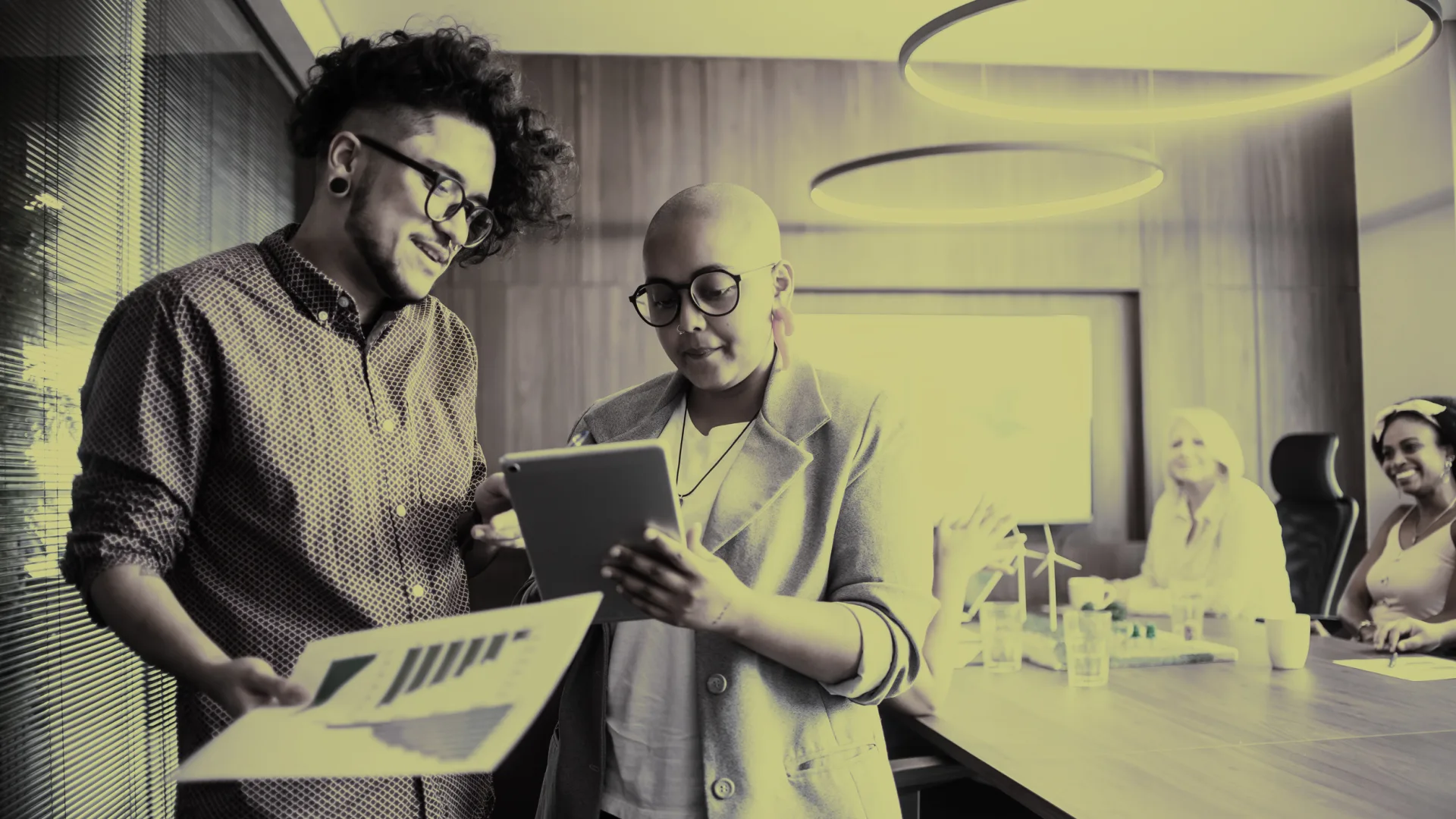
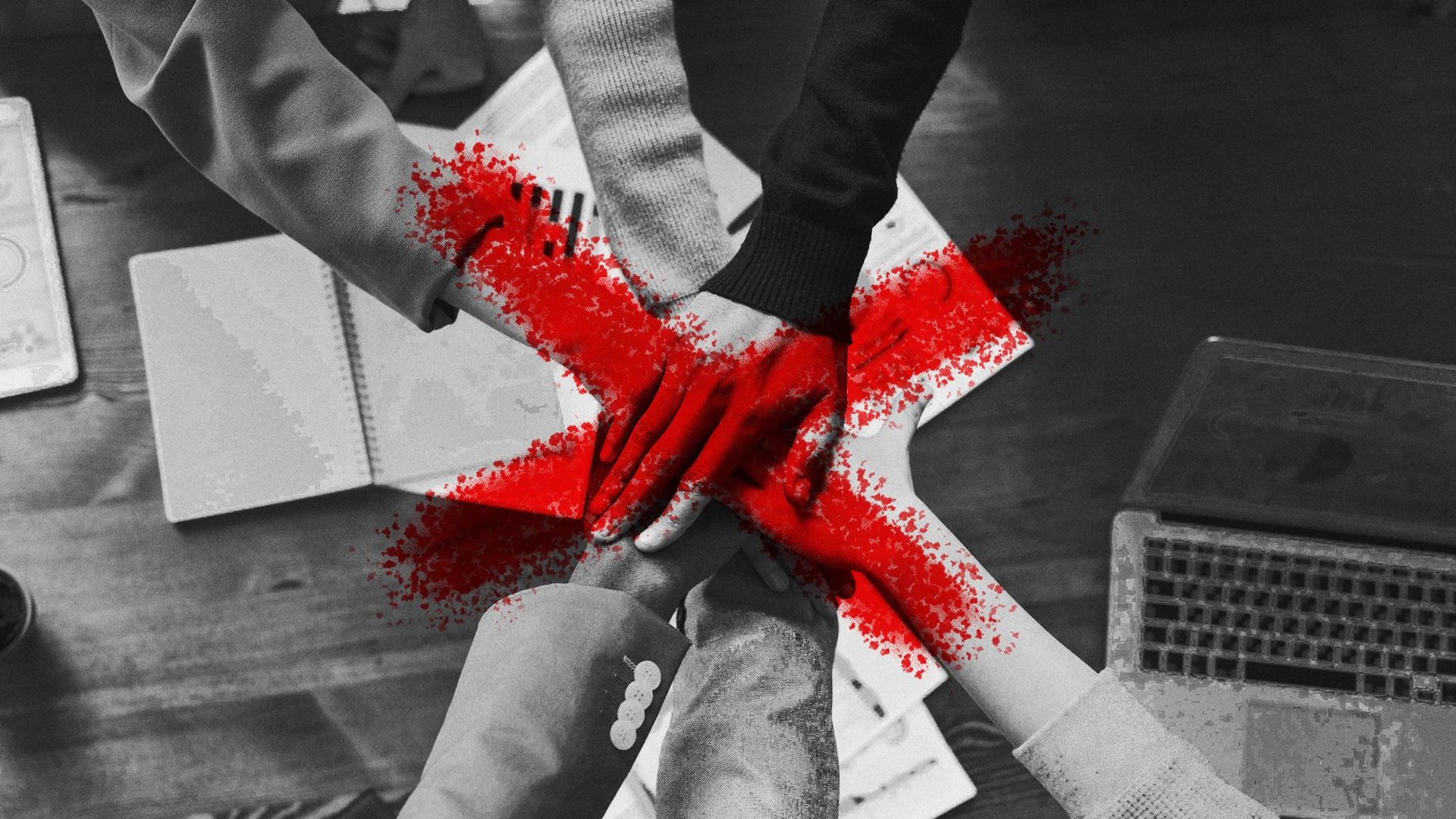
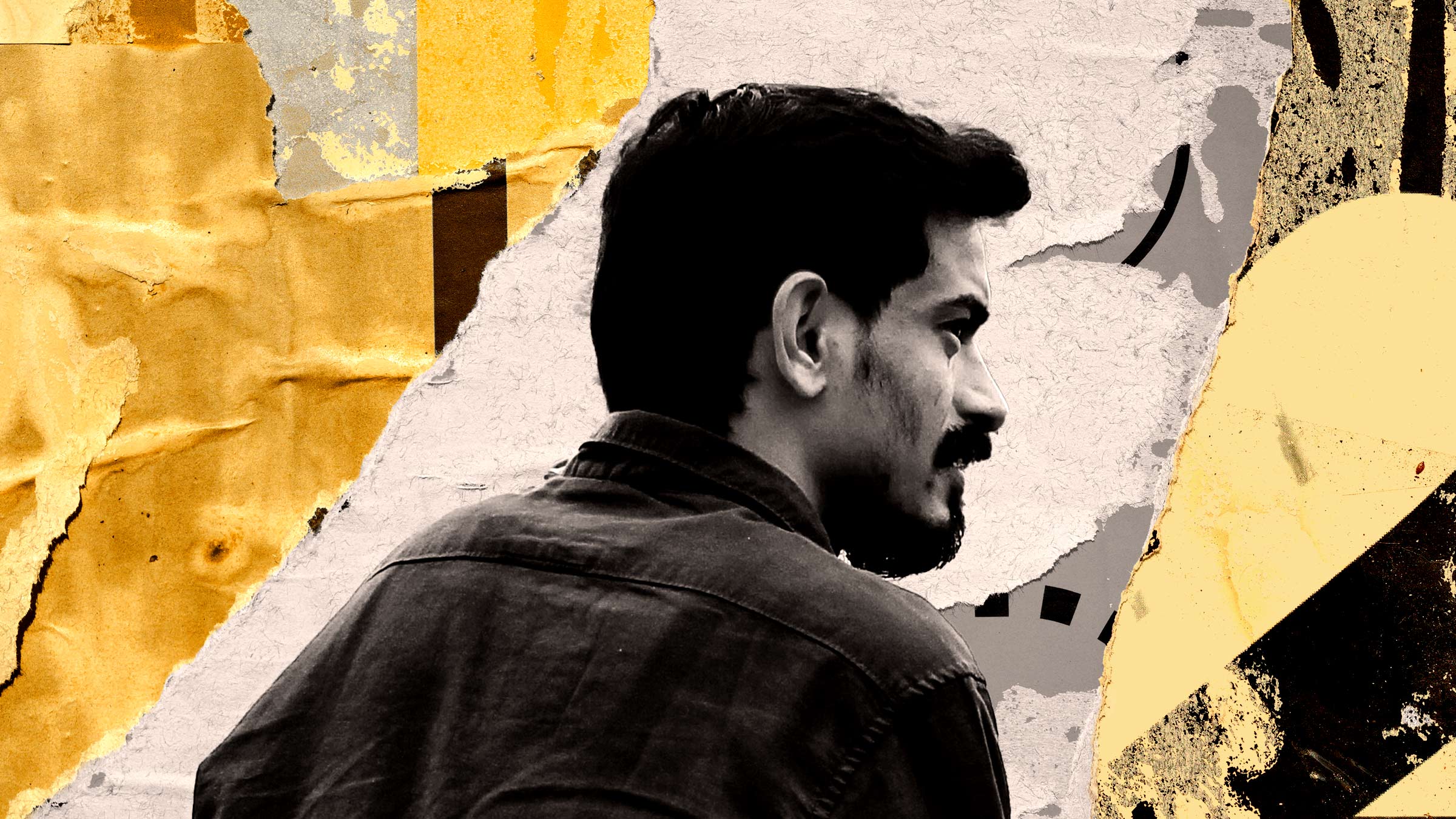




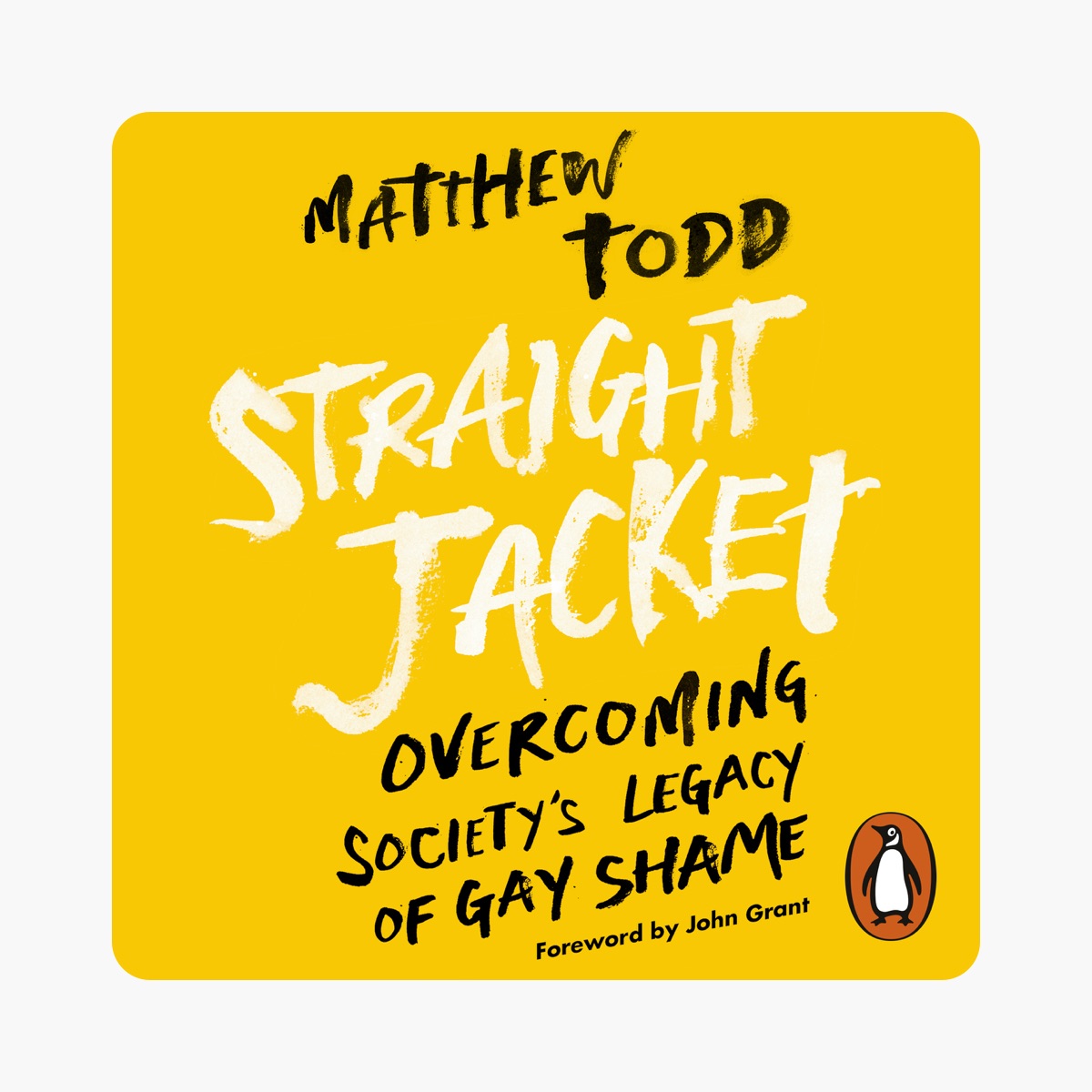

Many first-generation Americans face a cultural seesaw effect when trying to be successful in Western workplaces. For example, members of the Asian American and Pacific Islander (AAPI) community can find it challenging to self-promote, as it goes against their values. They’re taught from a very young age to be humble, to stay under the radar, and to never correct authority figures, as a sign of respect. They hope their hard work will simply speak for itself. But self-promotion and voicing opinions have become key elements needed to thrive in Western workplaces, which clearly advantages some and disadvantages others.